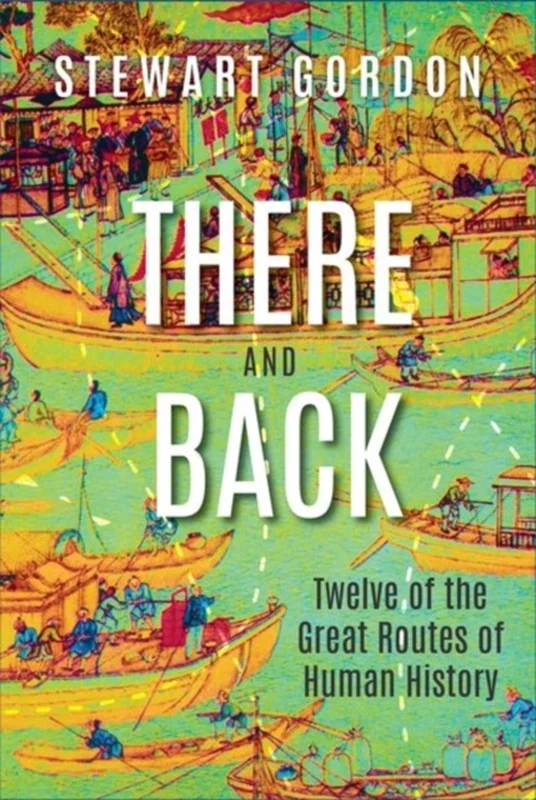There and Back - Stewart Gordon - Bog - Oxford University Press - Booktok.dk
Throughout human history, routes concentrated, funnelled, and mixed human experience. On them moved books, scrolls, and art, in addition to armies, ambassadorial entourages, slaves, brides, and pilgrims. The interaction of people on routes generated surprising innovations in ideas, religions, art, technology, and cuisine. Common themes appear repeatedly, such as slavery, piracy, government taxation and control, medicinal plants, military expeditions, the interaction of competing religions, processing of goods along the way, and networks of credit, trust, and information that often spanned continents. This book is divided into four seconds, each concentrating on a type of route: river, pilgrimage, tribute, and trade. The arrangement is based on cognitive geography, rather than technological or physical similarities. For instance, the Rhine is not a river route because there is water flowing between two banks, but because of the songs and fairy tales about it and its long history as a political boundary. Pilgrimage routes are grounded in shared expectations and experiences, just as routes of imperial tribute rest primarily on the expectations of local officials, transporters, and military guards. Trade routes foreground the expectations of professional traders. Each route is ''travelled'' through the memoir of a real traveller, pulling away to address larger issues, but never losing the engagement of the human story.The geographic reach is worldwide with chapters, for example, on the Grand Canal of China and the Inca road system; they also have considerable historical depth, from the ancient Nile to the Erie Canal and the modern Hajj.

























